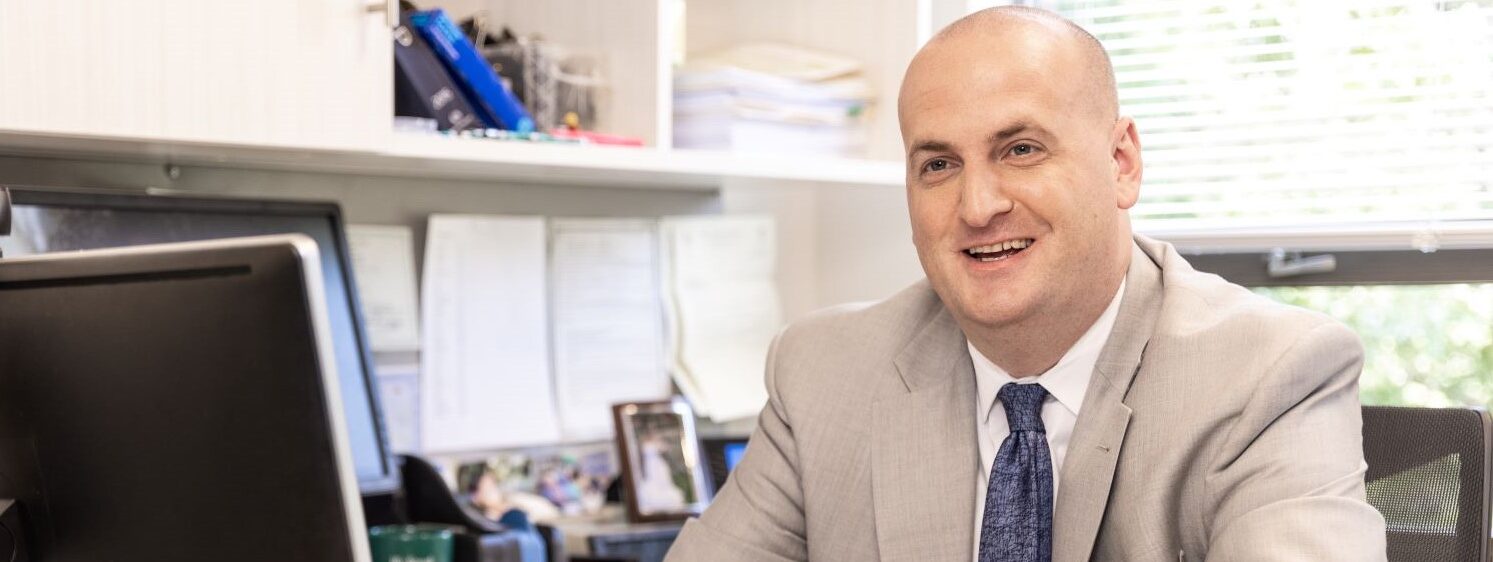Renner Business News; January 11, 2021—Joan M. Renner, CPA, CGMA
The Consolidated Appropriations Act of 2021 (CAA) includes a number of provisions to help small employers affected by the pandemic. If you have had employees who were unable to work due to COVID-19 illness, quarantine or school closings, the Families First Coronavirus Response Act (FFCRA) funds up to 12 weeks of their emergency leave through refundable payroll tax credits.
Time Extended to Use Emergency Leave Credits
The new law extends the period of time for employers to take advantage of those payroll tax credits in the FFCRA. The credits were set to expire Dec. 31, 2020. The CAA now gives employers through March 31, 2021 to provide the emergency leave and use the credits.
FFCRA provided for sick pay for the first two weeks and then family leave for up to 10 additional weeks. Employees unable to work due to school closings were entitled to leave paid at two-thirds of their regular pay up to $200 per day. Employees unable to work due to COVID-19 illness or quarantine were entitled to full pay up to $511 per day for 10 days.
While the CAA extends the amount of time employers have to take the credit, it does not increase the amount of emergency leave provided under the FFCRA. Once a worker has used the two weeks of sick leave and 10 weeks of family leave originally provided for in the FFCRA, no additional credit is available for that employee.
The FFCRA applies to private employers, including nonprofits, with fewer than 500 employees and certain public employers.
Self-Employed Individuals Can Base Credit on 2019 Income
A self-employed individual unable to work due to school closing or illness related to COVID-19 can also get this credit against his or her 2020 self-employment tax. The amount of the credit is based on the individual’s average income per day. The CAA clarifies that a self-employed individual may elect to use his or her 2019 self-employment income to compute his or her average daily self-employment income.
For example, a self-employed person unable to work during 2020 due to school closing, can take a credit of two-thirds of his or her average daily 2019 income for up to the two weeks of emergency sick leave and the 10 weeks of emergency family leave provided by the FFCRA.
Emergency Leave Wages Can’t be Used for PPP
Remember that your emergency sick and family leave wages can not be used to calculate your PPP forgiveness. The same applies to the self-employed. Don’t take the credit using earnings that you used for your PPP forgiveness.
There are many details contained in the new legislation. This information is intended to be a summary of the basics and is not a substitute for individual advice. For specific information about how these provisions apply to you, contact your financial professional.
Need Accounting Help?
Renner & Company provides full-service accounting to fit the needs of your nonprofit or small business. Contact us today and schedule a meeting to learn how Renner & Company can help, or call 703.535.1200.
©2021 Renner and Company, CPA, P.C. All Rights Reserved.


